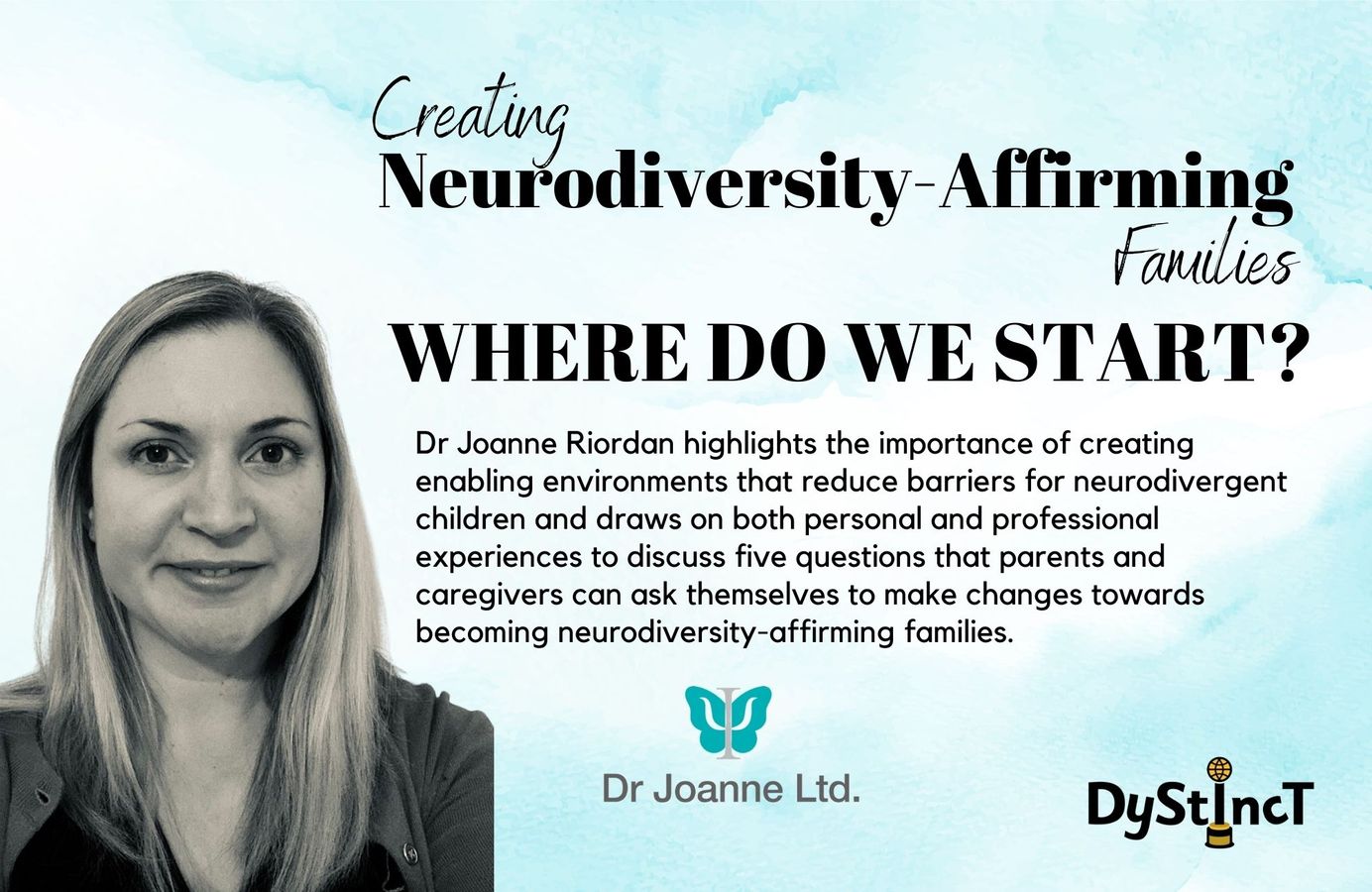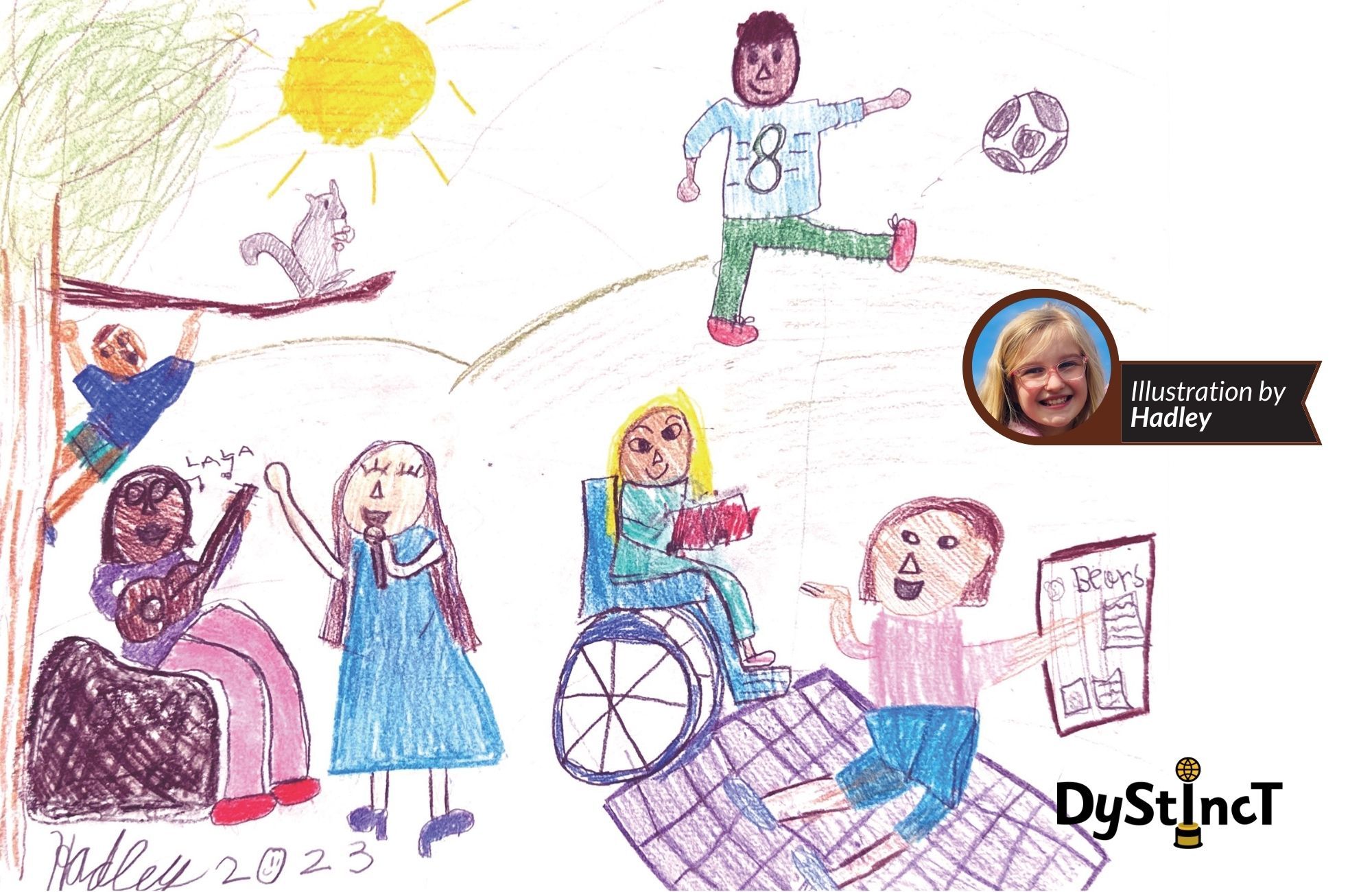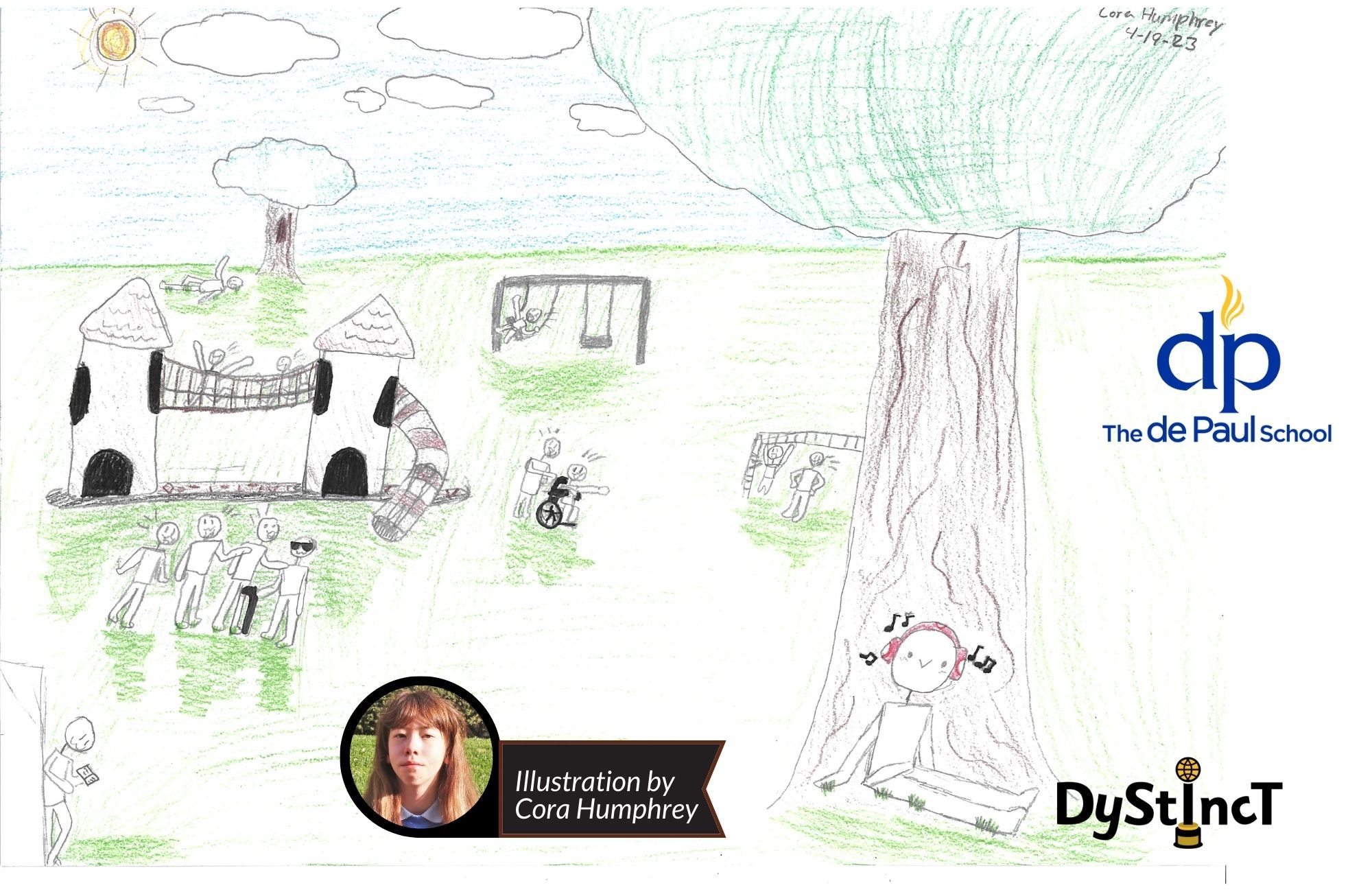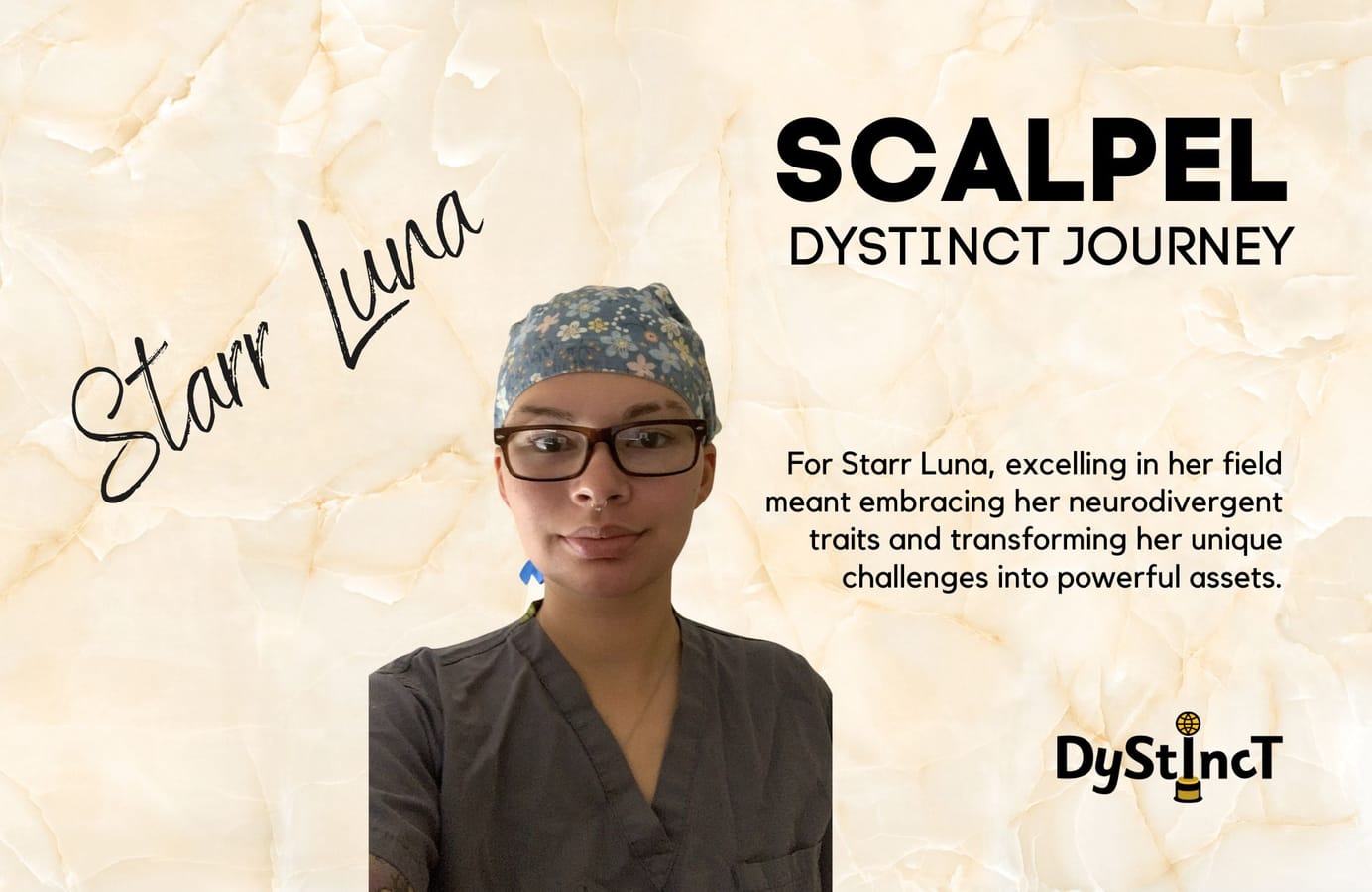
Issue 15: Creating Neurodiversity-Affirming Families: Where Do We Start? Dr Joanne Riordan
Dr Joanne Riordan highlights the importance of creating enabling environments that reduce barriers for neurodivergent children and discusses five questions that parents and caregivers can ask themselves to make changes towards becoming neurodiversity-affirming families.

The Neurodiversity Paradigm
The Neurodiversity Paradigm
The neurodiversity paradigm has exploded within the world of inclusion, and rightly so. Neurodiversity relates to the different ways we all learn, process, and experience the world. Those that learn in the most typical way are neurotypical. Those that learn and experience the world in a way that is categorically different to the neurotypical experience are neurodivergent. Within the neurodivergent umbrella, we include diagnoses such as autism, ADHD, dyslexia, and dyspraxia/DCD. Within the neurodiversity paradigm, we look at these diagnoses as learning differences with strengths, difficulties and neutral aspects, as opposed to learning difficulties.
The neurodiversity paradigm focuses on creating enabling environments that reduce barriers. Therefore, we can see our families and homes as an environment that requires adaptation to enable our children to thrive.
The final aspect of the neurodiversity paradigm I wanted to draw attention to is the value of listening to those with lived experience of being neurodivergent, in addition to the opinions of professional experts. I write this article as a neurodivergent educational psychologist and a mum in a neurodiverse family with both neurodivergent and neurotypical children. I draw on both my lived experience and professional expertise to write this article.
Many of us parents and carers of neurodivergent children can see the value in the neurodiversity paradigm. The current systems and mainstream parenting practices often do not serve our families well. However, it can be challenging to create neurodiversity-affirming families because there is no ‘one size fits all’ approach to support our family's unique needs and strengths, which are different from any other family. Instead, I have included a list of 5 questions below that I believe we should be reflecting on to guide us in making changes to work towards being neurodiversity-affirming families.

-> 1: Are we adjusting our expectations of our children based on where their skills are and how emotionally regulated, they are in this moment, not what is typical at their age?
There are constant expectations of what our children ‘should’ be doing in childhood, and it can feel like judgement for our children to be sticking to these expectations comes from everywhere. However, as Dr Ross Greene has famously said, “Kids can do well if they can”. Our neurodivergent children often have different strengths and difficulties than typical at their age, and we need to adjust our expectations to these rather than what we feel is expected. For example, if we have a child that needs to move and fidget to regulate, then it is probably not realistic to expect them to sit still at the dinner table from the start to end of a meal.
This also gets more complicated, as where our children’s skills are at one point in time may be different to the next day or hour. Some learning differences, including autism, are known as ‘dynamic disabilities’. This means that an individual’s skills and ability to cope can fluctuate, depending on a range of factors, such as tiredness, sensory overwhelm, and not being emotionally regulated.
This post is for paying subscribers only
SubscribeAlready have an account? Log in


